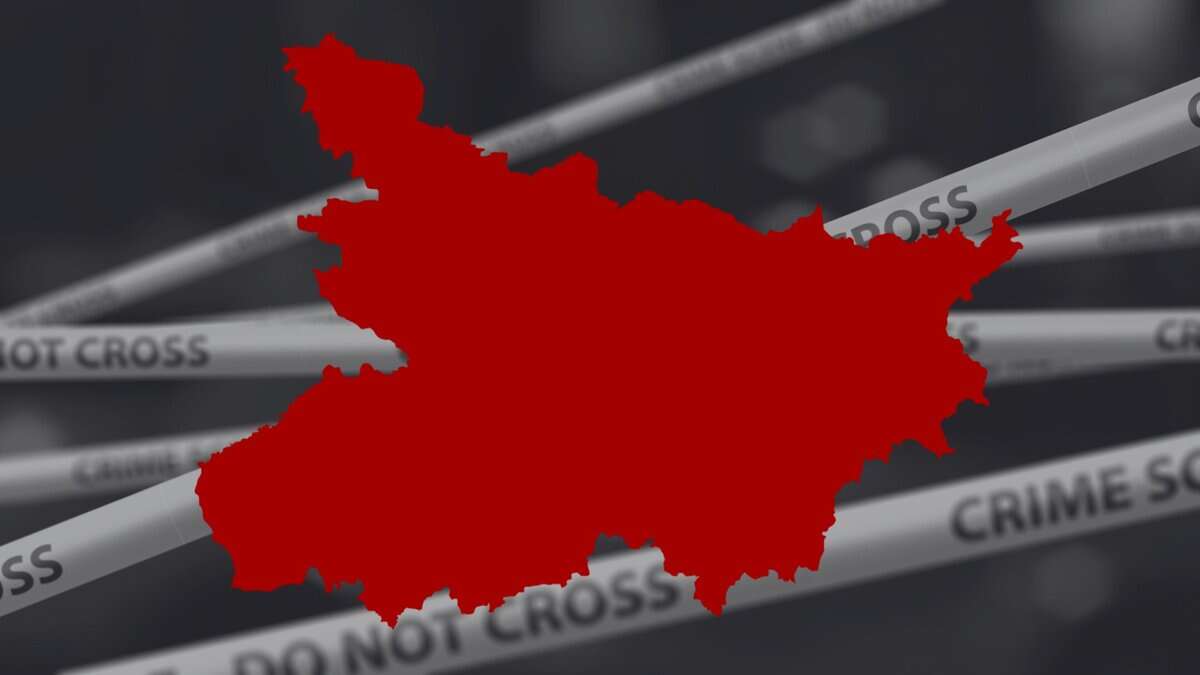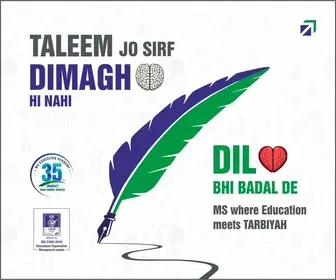
If a top health-hub tycoon of Bihar is gunned down outside his house just a stone’s throw from the sprawling bungalow of Chief Justice of Patna High Court and High Court Club than there is justification for the opposition parties to call it a real ‘Jungle Raj’ in the state.
After all, this observation was first made by the Patna High Court on August 5, 1997, on the poor civic condition in Patna. The remarks came just a week after Rabri Devi became the chief minister following the surrender of her husband Lalu Prasad Yadav in the fodder scam case.
Though it had nothing to do with the law and order situation, yet the Bharatiya Janata Party (then in opposition) would always use this expression after every incident of crime. Not only that, whenever Nitish Kumar would join hands with Rashtriya Janata Dal the saffron party would call his government as Jungle Raj. And the day he would make a homecoming to the National Democratic Alliance his government would be hailed as Susashan (good governance).
Anyway, it is now dawning upon the urban elite to realize that Nitish Kumar–not in the best of mental health–is no more leading a ‘Susashan’ but put bluntly, is presiding over a government of mafia-cum-contractors. Now, when the situation has completely collapsed and plunged into an irreparable level, the media has suddenly woken up. The truth is that if things had gone so bad then the journalist fraternity is equally to be blamed. This is simply because the Fourth Estate has been shielding the government since 2010—that is after his re-election for the second term–when the fact is that the ground reality is worse than the much-maligned 1990-2005.
Gopal Khemka (63), owner of hi-tech hospitals and industries, was killed late on July 4 night on the gate of his plush apartment situated 200-500 metres from the residences and offices of the district magistrate and superintendent of police as well as two police stations. Besides, the place of occurrence is just a few steps from two premier hotels on either side in front of historic Gandhi Maidan, and is known for late-night parties. Yet, according to family members, it took two hours for police to reach the spot.
Loot raj
The brazenness of the crime prompted Gopal’s brother, Shankar, to say that the present Jungle raj is worse than what is being usually attributed to the Lalu-Rabri era. “The Bihar government is running organized crime. Black marketing and looting are rampant everywhere. It is making a world-class hospital by demolishing a British-era hospital. It has become just a business of looting. There is a scam of crores of rupees.”
In his emotional outburst is hidden many ugly stories of the crime being committed in the name of developing health and road infrastructure in Bihar. Frequent collapse of newly constructed government structures, bridges, and flyovers has exposed rampant corruption. At places bridges have been built not over any river but in the middle of the farmland with no connecting road.
There is reason for the widespread outcry as in 2018 Gopal’s son was killed in almost similar circumstances outside his factory in Hajipur, a town just across the river Ganga. Incidentally, young Gunjan Khemka was the state convener of the Small Industries Cell of the BJP. Another family member was once also injured in a shootout. Ironically, all these incidents remain shrouded in mystery, and neither any electronic channel nor any newspaper ever followed up these sensational crimes linked to the top.
In 2018, the Khemkas were upset as hardly any BJP minister in the state cabinet attended the funeral of Gunjan, though being a party office-bearer.
The daring manner in which Gopal was murdered confirmed the fact that the real criminals are confident enough that they would go unpunished as nothing had happened to the killers of his son.
IndiGo station manager case
In between the murder of Gopal and Gunjan, another high-profile killing took place with police struggling to solve it. The station manager of IndiGo Airline posted at Patna airport, Rupesh Kumar Singh, was shot dead outside his apartment on January 12, 2021. Criminals pumped half a dozen bullets into his body while he was about to get down from his car. CCTV cameras confirmed as to how he left the airport in the evening and drove his car from near Raj Bhawan and the chief minister’s bungalow to reach his home in Punaichak opposite the Secretariat.
The Khemka family fears that Gopal’s murder may not be properly investigated, and only a handful of small players would be arrested.
The incident involving Gopal Khemka followed a series of shootouts in the high-security zone of the state capital in the last few weeks. They have taken place near the Governor House, bungalows of chief minister, ministers, outside the residence of leader of the opposition Tejashwi Prasad Yadav, and the Secretariat. A day before the latest visit of Prime Minister Modi to Patna on June 20 (while he was on way to Siwan) goons, in a bid to his take life, fired shots on a person at high security zone near Patna airport. This happened just outside the official residence of a senior minister while the chief minister’s bungalow and Raj Bhawan are in the vicinity.
Visit of VVIPs
This is the new normal in Bihar, where the police are either busy implementing prohibition even when the liquor barons are enjoying the patronage of the ruling alliance or arranging the security of the VVIPs.
The frequent trips to Bihar of the Prime Minister, and his ministerial colleagues, and their road-shows have made the task of policing very complicated. The latest road show of Narendra Modi was held in Patna on May 29.
The management of some private schools in Siwan had to extend the summer vacation from June 16 to June 23 when they learnt that the PM is to visit the place on June 20. The district administration swung into action to seize buses of the schools to be used for the PM’s programme. And the government schools were packed with policemen and women brought from all over for the security arrangement of the visit. Needless to suggest, this was the fourth trip of Modi to Bihar this year, and third within two months, the first being on April 24 at Jhanjharpur in Madhubani district just two days after Pahalgam massacre. The second one was on May 29-30 in Patna and Bikramganj. He is to visit Motihari on July 18.
The biggest problem is that never in Bihar since 1967, the year of acute political instability, the chief minister has lost his control over his machinery in such a way. Administrative and police officials no more trust Nitish as since June 16, 2013–when he first snapped ties with the BJP—he has switched loyalties almost every year. They do not know what would be his next political move.
The tragedy is that the media, supposed to be the watchdog of the government, has been playing into the hands of this government since it came to power in November 2005. True, in the initial years some improvement was observed. But this often happens whenever a new government gets elected.



